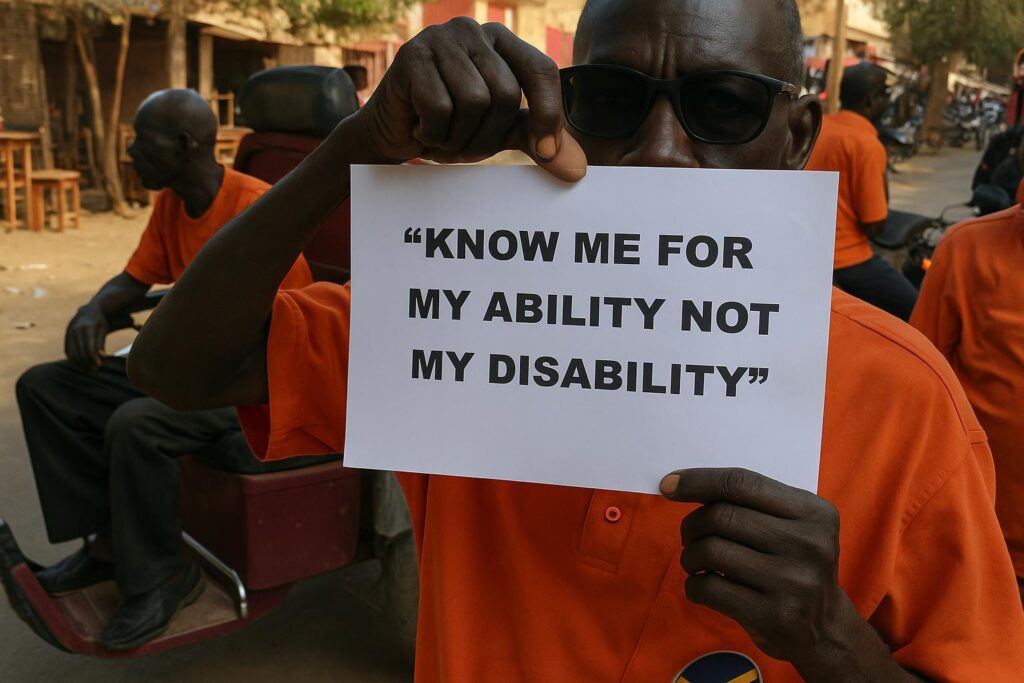Training sparks new awareness in Aweil
Thirty residents of Northern Bahr el Ghazal gathered in Aweil last Saturday for an intensive workshop on disability inclusion, organised by the international NGO Humanity and Inclusion.
The session sought to tackle lingering social barriers, reminding participants that equality requires daily, tangible action in classrooms, markets and government offices.
Humanity and Inclusion at the helm
“We are bringing diverse people together so their rights are acknowledged,” humanitarian action officer Maria Alual told the closing ceremony, underscoring the need for ramps, signage and teacher training across the state.
Alual emphasised that visually and hearing-impaired citizens are often ‘left out of decision-making and even aid distributions’, a gap the programme hopes to narrow through sustained advocacy.
Lessons learned and community plans
Participants explored domestic laws and international conventions, then drafted community action plans ranging from accessible polling stations to radio segments in sign language.
Local teacher Nyanthol Dak described the training as ‘an eye-opener’, noting that simple adjustments like front-row seating can transform learning for pupils who live with disabilities.
Policy alignment with state priorities
Government officials in attendance said the insights will feed into the state’s forthcoming social inclusion strategy, which aims to mainstream disability concerns across health, education and infrastructure budgets.
Beyond the state capital
Organisers stressed that success depends on rural uptake, promising follow-up visits to counties where traditional attitudes still hinder participation by people with special needs.
For many attendees, the workshop marked a first encounter with the idea that disability is not inability but a question of rights, access and representation.
If the momentum persists, Aweil may soon offer a model for other South Sudanese towns seeking to harness every citizen’s potential.


